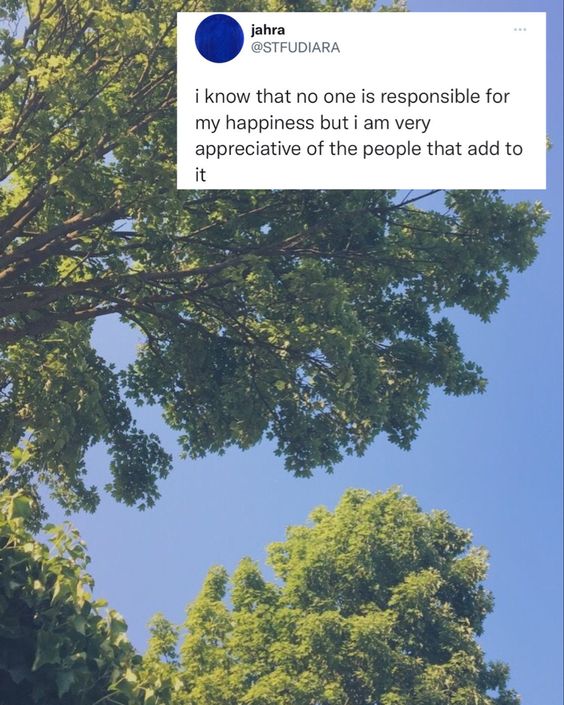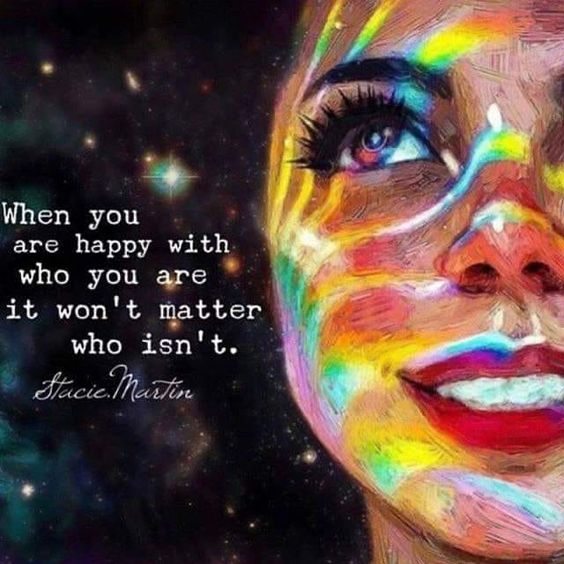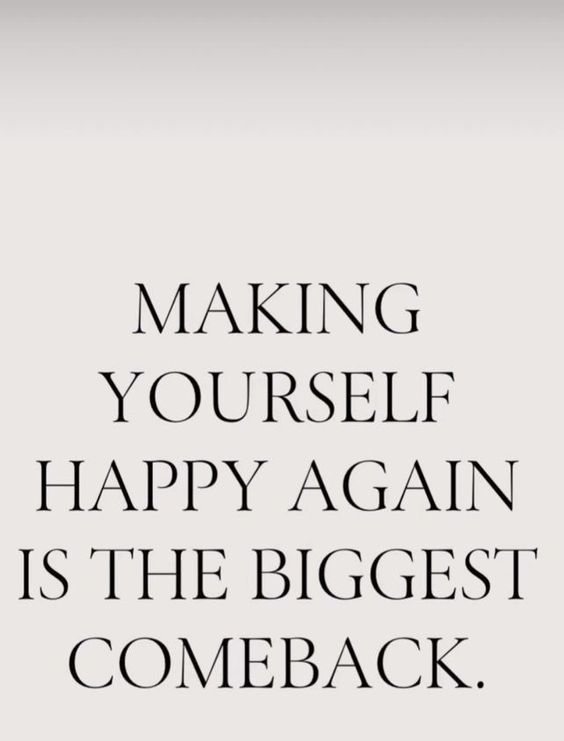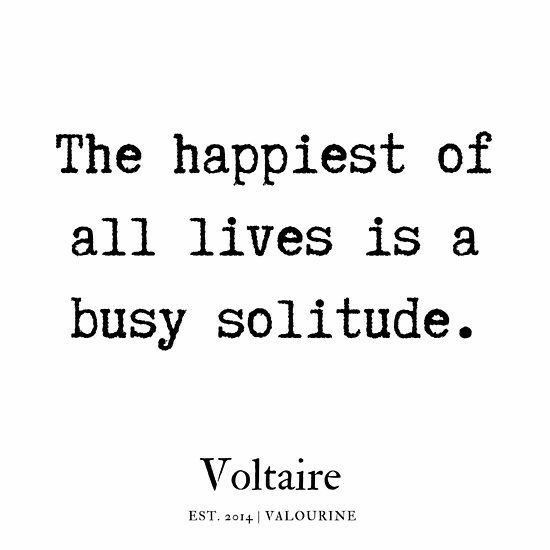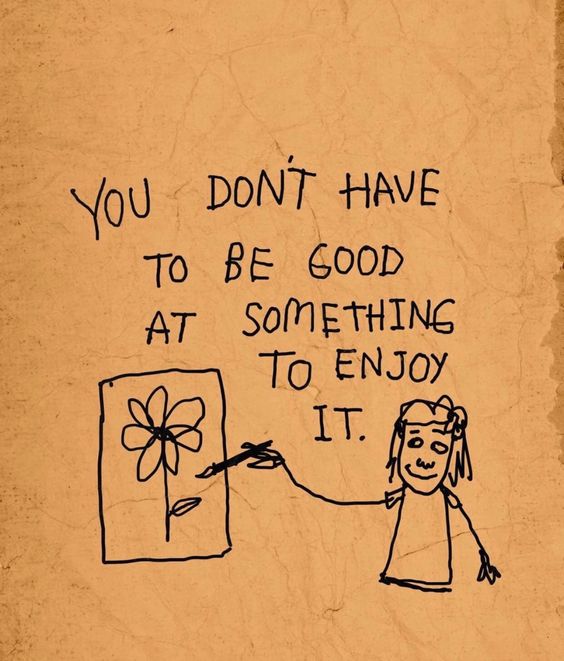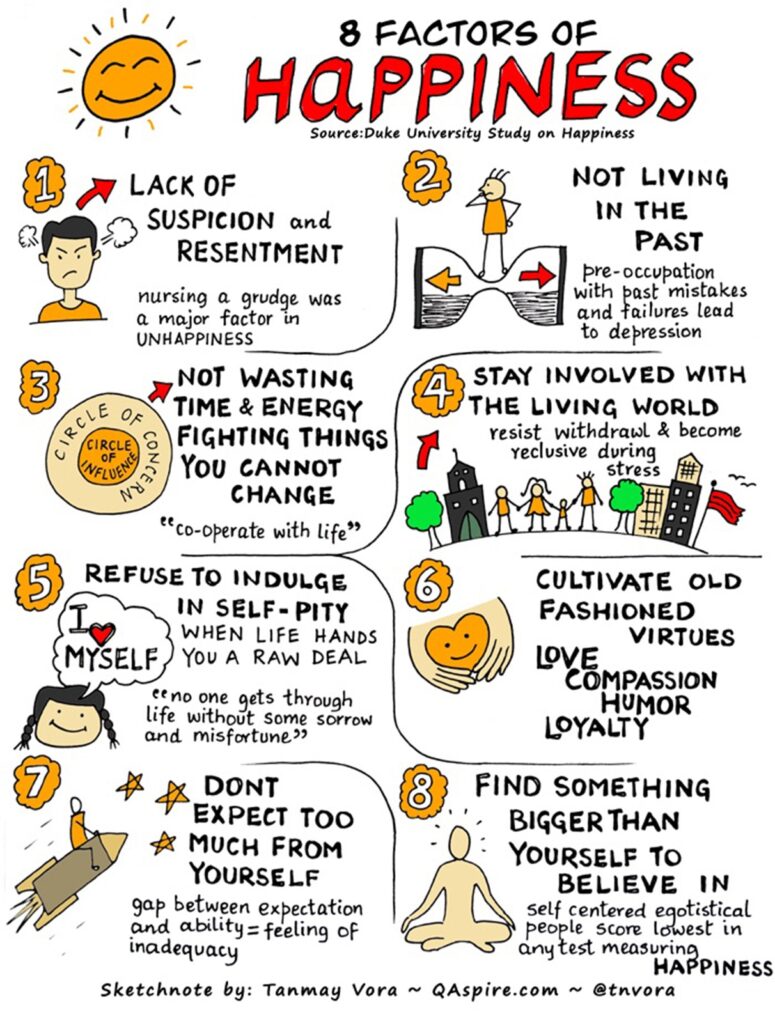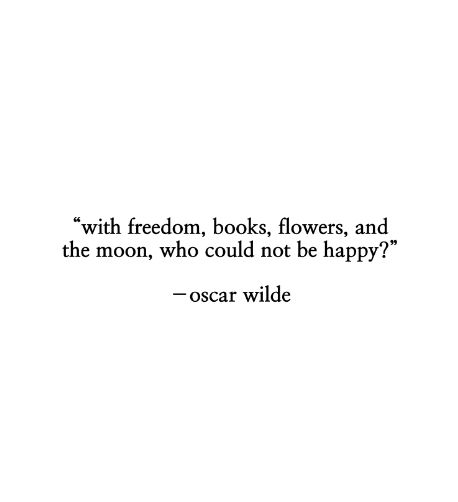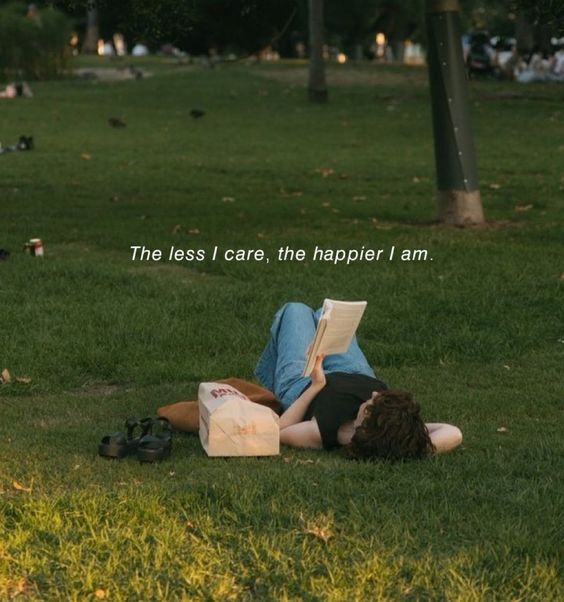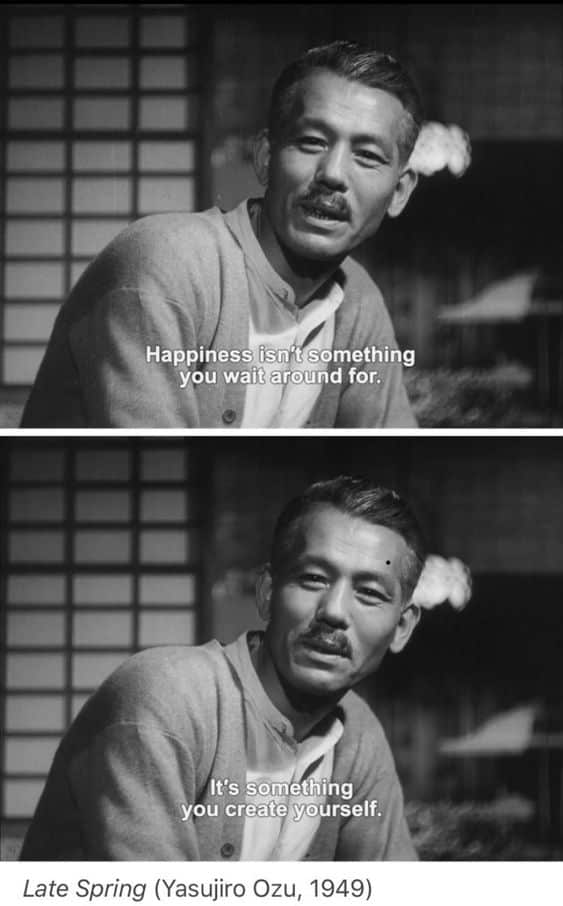“The wider the range of feelings we can regulate—if we can manage the frustration, disappointment, envy and sadness—the more space we have to cultivate happiness. Regulating our emotions essentially develops a cushion around those feelings, softening them and preventing them from consuming the entire jar. Regulation first, happiness second.”
Dr. Becky Kennedy
“Adults whose childhood were focused mainly on happiness, are not only unprepared for tough moments, they experience more discomfort in those tough moments because deep down, they think they’re doing something wrong if they can’t ‘find the happy’ and get themselves to a ‘better place.’”
Dr. Becky Kennedy
“Patients are often disappointed to learn that I too wander unredeemed, that I am no better off than they are. Eventually, they may realize comfort implied in my turning out to be just another struggling human being. At least then I can bring a fellow-pilgrim sort of understanding to his journey. Recognition of my all-too-obvious fallibility can provide the relief of learning that some happiness is possible without his having to reach some state of perfection.”
Sheldon B. Kopp, If You Meet Buddha On The Road, Kill Him! (Page 134)
“It’s my observation that people say they would like to be happy but they really don’t want to be. They are afraid that they will be lost. Happiness and egos can’t go together. The happier you are, the less you are. There comes a moment when only happiness is, and you are not.”
Osho, Everyday Osho (Page 138)
“Happiness and fulfillment come only from mastering the mind and connecting with the soul–not from objects or attainments. Success doesn’t guarantee happiness, and happiness doesn’t require success. They can feed each other, and we can have them at the same time, but they are not intertwined.”
Jay Shetty, Think Like A Monk (Page 69)
“In English, we have the words ’empathy’ and ‘compassion’ to express our ability to feel the pain that others suffer, but we don’t have a word for experiencing vicarious joy—joy on behalf of other people. Perhaps this is a sign that we all need to work on it. Mudita is the principle of taking sympathetic or unselfish joy in the good fortune of others. If I only find joy in my own successes, I’m limiting my joy. But if I can take pleasure in the successes of my friends and family—ten, twenty, fifty people!—I get to experience fifty times the happiness and joy. Who doesn’t want that?”
Jay Shetty, Think Like A Monk (Page 37)
“Letting go gives us freedom, and freedom is the only condition for happiness. If, in our heart, we still cling to anything—anger, anxiety, or possessions—we cannot be free.”
Thich Nhat Hanh, via Think Like A Monk (Page 29)
“It is impossible to build one’s own happiness on the unhappiness of others.”
Daisaku Ikeda, via Think Like A Monk (Page 20)
